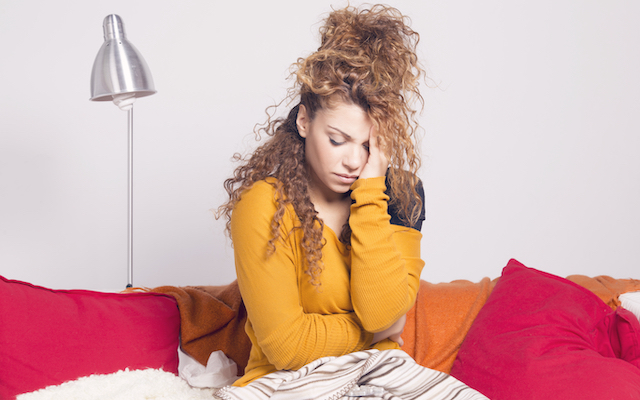
What is postpartum depression?
Postpartum depression is present in almost 10% of women and usually presents 1-3 weeks after childbirth. Postpartum depression can occur in any mother after any birth.
Women with postpartum depression may experience strong feelings of sadness, anxiety, despair, or anger. These feelings can manifest as anxiety or panic attacks. Mothers with postpartum depression may doubt their ability to care for a new baby and their interest in the new baby may be lacking. Women may also have difficulty coping with daily tasks at home or at work and may experience appetite changes and difficulty sleeping. They may lack energy or motivation, withdraw from family and friends, or lose interest or pleasure in activities they used to enjoy.
What is the difference between postpartum depression and the “postpartum blues”?
The postpartum blues or “baby blues” manifests as feelings of depression and anxiety 2-3 days after childbirth. Mothers may experience anger towards the new baby, a partner, or other children in the household. Women can have difficulty sleeping, eating, and making choices. The main difference is that while postpartum blues will subside in hours to days, postpartum depression persists after two weeks, and the feelings are more intense.
What causes postpartum depression?
Postpartum depression is caused by changes in the body, mind, and lifestyle.
- Changes in the body – Shortly after childbirth, levels of the hormones, estrogen, and progesterone, decrease and can trigger mood swings and tension. Thyroid hormones also decrease after childbirth and can cause mood swings, depression, nervousness, fatigue, and difficulty sleeping. Disturbed sleep cycles due to staying in the hospital or the care and feeding of a new baby can also cause mood changes.
- Changes in the mind – After childbirth, feelings of doubt about the pregnancy are common among women and can lead to postpartum depression. There can also be sadness due to difficulties with childbirth or requiring a baby to stay in the hospital instead of returning home with the mother. There are also feelings of loss, such as the loss of freedom or the loss of an old identity, that can trigger postpartum depression.
- Changes in lifestyle – Having a new baby in the home is a big adjustment. Women with little support from others to help with baby care or chores at home can feel alone, weak, and upset. Difficulties with breastfeeding can also trigger postpartum depression.
- Postpartum depression occurs more frequently in women with a history of postpartum depression, psychiatric illness, or recent stressors, such as the loss of a loved one, family illness, or moving to a new place.
What can I do?
- Get plenty of rest – take a nap when the baby naps
- Ask for help from family and friends – don’t try to do it all
- Tell a partner or friend how you feel
- Take time for yourself. Try to get out of the house, such as going for a walk or seeing a friend. Do things that bring you joy.
- Seek professional care. Postpartum depression often requires counseling and treatment, such as medication. Reach out to a provider if feelings do not improve if you feel hopeless, or if you are afraid you might neglect or hurt your baby or yourself.
- Keep in mind that there is no perfect baby or a perfect mother. Being a mother takes time and patience. It requires learning new skills and fostering a bond that may take days to weeks to form.
All information is provided by:





